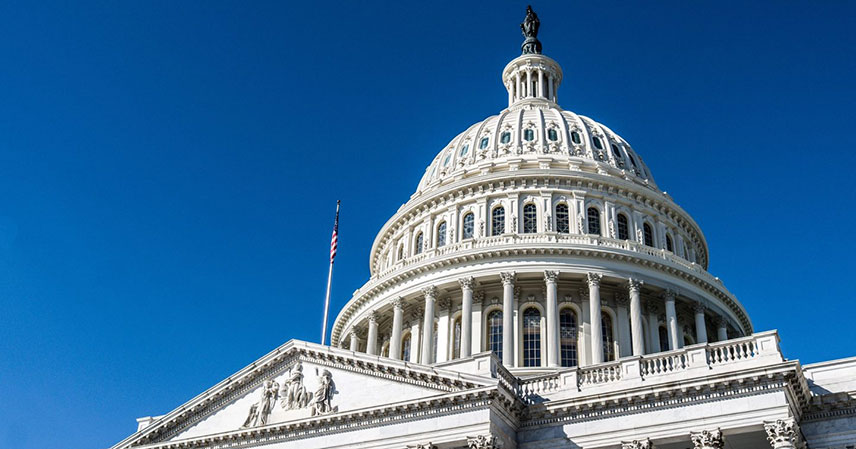Government shutdowns have long cast a shadow over American scientific endeavors. Each funding lapse forces federal scientists from their labs. They are sent home without pay, disrupting critical research. New grant opportunities grind to a halt. Expert review panels are placed on indefinite hold. Essential data collection, vital for understanding our economy, environment, and public health, simply ceases.
These are not mere inconveniences. They represent significant setbacks. Scientific progress, often a slow and meticulous process, cannot afford such abrupt interruptions. The cumulative effect of these repeated pauses erodes the foundation of US innovation.
The Immediate Toll on Scientific Progress 🧪
When the government shuts down, the immediate impact on federal science agencies is profound. Thousands of dedicated scientists and researchers are furloughed. Their work, ranging from climate modeling to disease surveillance, is suddenly suspended. This loss of continuity can be devastating for ongoing projects.
Crucial data streams are interrupted. For example, environmental monitoring stations might stop reporting. Public health data, essential for tracking outbreaks, becomes incomplete. This creates gaps in our understanding. It hinders timely responses to emerging crises. The **integrity of long-term datasets** is compromised.
Furthermore, new research initiatives face immediate roadblocks. Grant applications cannot be processed. Peer review, a cornerstone of scientific rigor, is indefinitely postponed. This means innovative ideas, vital for future breakthroughs, are left in limbo. It dampens the spirit of discovery within the scientific community.
The financial strain on scientists is also immense. Many live paycheck to paycheck. Furloughs force them to choose between their work and their financial stability. This can lead to a ‘brain drain,’ where talented individuals seek more stable employment outside federal service. The nation loses valuable expertise as a result.
The Looming Threat: Political Meddling in Science 🏛️
The challenges facing US science in 2025 extend far beyond traditional budget impasses. A more insidious threat is emerging: the assertion of political control over scientific institutions. President Donald Trump’s ongoing attempts to expand executive power raise serious concerns. This trend risks undermining the **independence and objectivity** of scientific research.
Historically, science has thrived when free from political interference. Its role is to discover facts and provide evidence, not to serve political agendas. When scientific findings are suppressed or manipulated for political gain, public trust erodes. This can have dire consequences for policymaking and public safety.
Attempts to place political appointees in key scientific roles are particularly troubling. These individuals may lack the necessary scientific expertise. Their primary loyalty might be to a political party, not to scientific truth. This can lead to biased research priorities. It can also result in the misinterpretation of data.
The very fabric of **evidence-based policymaking** is at stake. Decisions on public health, environmental protection, and national security rely on sound scientific advice. If this advice is compromised, the nation faces greater risks. The long-term implications for American leadership in global science are significant.
Why 2025 is Different: A Perfect Storm ⛈️
The confluence of potential government shutdowns and political encroachment creates a unique and perilous situation for US science in 2025. This is not just another fiscal dispute. It is a potential perfect storm that could inflict **irreversible damage** on the nation’s scientific capabilities.
Previous shutdowns, while damaging, were largely temporary disruptions. The underlying structure and integrity of scientific institutions remained intact. However, if a shutdown now occurs amidst a concerted effort to politicize science, the impact will be far more profound. It could fundamentally alter how science operates in America.
Imagine a scenario where critical research is halted. Simultaneously, the very institutions responsible for that research face political pressure to conform. This dual assault could cripple agencies like the CDC, NOAA, or NIH. Their ability to conduct impartial research and provide unbiased advice would be severely hampered. This period demands heightened vigilance. The scientific community, policymakers, and the public must recognize the unprecedented risks. Protecting scientific independence is paramount. It ensures that crucial decisions are made on the basis of fact, not political expediency. The future of American innovation and public welfare depends on it.
Key Insights and Future Implications ✨
- Government shutdowns cause immediate and long-term damage to US science by halting research, disrupting data collection, and fostering a ‘brain drain’ of talent.
- The attempts to exert political control over scientific institutions threaten the core principles of **scientific integrity** and **evidence-based policymaking**.
- The combination of potential shutdowns and political meddling in 2025 represents a unique and dangerous threat, risking **irreversible damage** to America’s scientific foundation and global standing.
- Protecting the independence of scientific research is crucial for national security, public health, environmental stewardship, and continued innovation.
Source: Disruption to science will last longer than the US government shutdown



